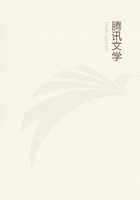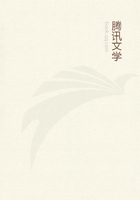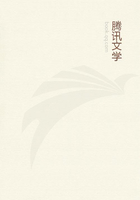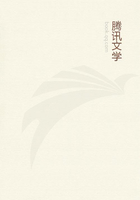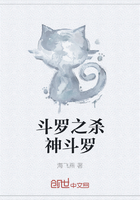Regarding the condition of these State Peasants, or Peasants of the Domains, as they are sometimes called, I may say briefly that they were, in a certain sense, serfs, being attached to the soil like the others; but their condition was, as a rule, somewhat better than the serfs in the narrower acceptation of the term. They had to suffer much from the tyranny and extortion of the special administration under which they lived, but they had more land and more liberty than was commonly enjoyed on the estates of resident proprietors, and their position was much less precarious. It is often asserted that the officials of the Domains were worse than the serf-owners, because they had not the same interest in the prosperity of the peasantry; but this a priori reasoning does not stand the test of experience.
It is not a little interesting to observe the numerical proportion and geographical distribution of these two rural classes. In European Russia, as a whole, about three-eighths of the population were composed of serfs belonging to the nobles;but if we take the provinces separately we find great variations from this average.
In five provinces the serfs were less than three per cent., while in others they formed more than seventy per cent. of the population! This is not an accidental phenomenon. In the geographical distribution of serfage we can see reflected the origin and history of the institution.
The exact numbers, according to official data, were--
Entire Population 60,909,309
Peasantry of all Classes 49,486,665
Of these latter there were--
State Peasants 23,138,191
Peasants on the Lands of Proprietors 23,022,390
Peasants of the Appanages and other Departments 3,326,084
----------
49,486,665
If we were to construct a map showing the geographical distribution of the serf population, we should at once perceive that serfage radiated from Moscow. Starting from that city as a centre and travelling in any direction towards the confines of the Empire, we find that, after making allowance for a few disturbing local influences, the proportion of serfs regularly declines in the successive provinces traversed. In the region representing the old Muscovite Tsardom they form considerably more than a half of the rural population. Immediately to the south and east of this, in the territory that was gradually annexed during the seventeenth and first half of the eighteenth century, the proportion varies from twenty-five to fifty per cent., and in the more recently annexed provinces it steadily decreases till it almost reaches zero.
We may perceive, too, that the percentage of serfs decreases towards the north much more rapidly than towards the east and south. This points to the essentially agricultural nature of serfage in its infancy. In the south and east there was abundance of rich "black earth" celebrated for its fertility, and the nobles in quest of estates naturally preferred this region to the inhospitable north, with its poor soil and severe climate.
A more careful examination of the supposed mapwould bring out other interesting facts. Let me notice one by way of illustration.
Had serfage been the result of conquest we should have found the Slavonic race settled on the State Domains, and the Finnish and Tartar tribes supplying the serfs of the nobles. In reality we find quite the reverse; the Finns and Tartars were nearly all State Peasants, and the serfs of the proprietors were nearly all of Slavonic race. This is to be accounted for by the fact that the Finnish and Tartar tribes inhabit chiefly the outlying regions, in which serfage never attained such dimensions as in the centre of the Empire.
Such a map was actually constructed by Troinitski ("Krepostnoe Naseleniye v Rossii," St. Petersburg, 1861), but it is not nearly so graphic as is might have been.
The dues paid by the serfs were of three kinds: labour, money, and farm produce. The last-named is so unimportant that it may be dismissed in a few words. It consisted chiefly of eggs, chickens, lambs, mushrooms, wild berries, and linen cloth. The amount of these various products depended entirely on the will of the master.
The other two kinds of dues, as more important, we must examine more closely.
When a proprietor had abundance of fertile land and wished to farm on his own account, he commonly demanded from his serfs as much labour as possible. Under such a master the serfs were probably free from money dues, and fulfilled their obligations to him by labouring in his fields in summer and transporting his grain to market in winter. When, on the contrary, a land-owner had more serf labour at his disposal than he required for the cultivation of his fields, he put the superfluous serfs "on obrok,"--that is to say, he allowed them to go and work where they pleased on condition of paying him a fixed yearly sum. Sometimes the proprietor did not farm at all on his own account, in which case he put all the serfs "on obrok," and generally gave to the Commune in usufruct the whole of the arable land and pasturage. In this way the Mir played the part of a tenant.
We have here the basis for a simple and important classification of estates in the time of serfage: (1) Estates on which the dues were exclusively in labour; (2) estates on which the dues were partly in labour and partly in money; and (3) estates on which the dues were exclusively in money.
In the manner of exacting the labour dues there was considerable variety. According to the famous manifesto of Paul I., the peasant could not be compelled to work more than three days in the week;

